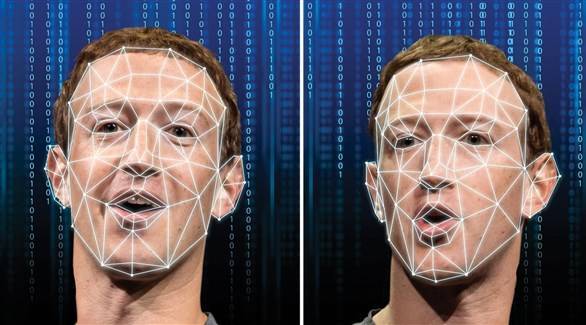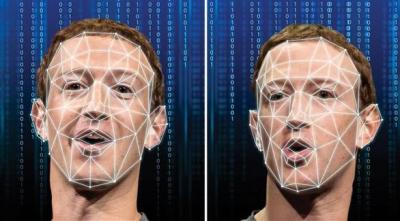Researchers at Facebook have presented an AI-based method for detecting "deepfakes," which are highly realistic forged images and videos that can manipulate users or damage reputations by showing speakers saying or doing things they have not actually said or done. The synthesis relies on artificial intelligence techniques.
Facebook researchers Tal Hasner and Shi Yin, who collaborated with Michigan State University on this topic, stated, "Our system will facilitate the detection of deepfakes and track the associated information." The method announced by the researchers provides "tools to facilitate investigations into events related to coordinated disinformation campaigns using deepfakes."
To develop this system, the researchers utilized "reverse engineering," which involves deconstructing the process of creating a product, such as a video or image. The software employed by the system detects any synthesis flaws that affect the digital fingerprint of the images.
In photography, this fingerprint allows for the identification of the camera used. In computer science, it can "identify the system used in creating the forgery," according to the researchers.
Last year, Microsoft introduced software aimed at helping to detect deepfakes in images or videos, part of many tools designed to combat disinformation ahead of the U.S. presidential elections. In 2019, Google distributed thousands of deepfake videos created by its teams to researchers interested in developing methods to detect manipulated images.




